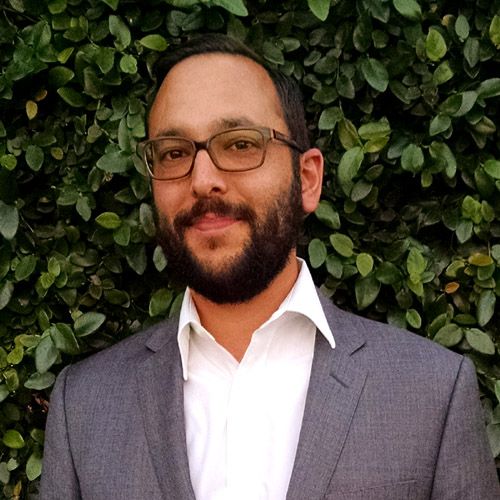
Philip Deslippe is a doctoral student in the Department of Religious Studies at the University of California Santa Barbara, focusing on Asian and metaphysical traditions in the modern United States. Philip holds an MA in American Religious Culture from the University of Iowa and a BA in English with a minor in American Studies from the University of Connecticut. He has published articles in the journals Amerasia, Contemporary Buddhism, and Sikh Formations, and in 2011 he edited and introduced a new and definitive edition of the metaphysical classic The Kybalion for Tarcher/Penguin. His email address is: pdeslippe@umail.ucsb.edu
If Candy Gunther Brown’s work is so divergent with her peers in academia, how does one contextualize her understanding of yoga and her approach to it? In keeping with Bender’s assessment that Brown “exemplifies the ‘caveat emptor’ genre of popular writing about CAM,” I would argue that Brown’s writings on yoga are most similar to the genre of Christian-based criticism of yoga.
One link between yogic practice and museums may come from viewing yogis, yoga teachers, and yoga promoters as performing work comparable to museums in the nearly century and a half history of modern yoga’s global spread. As museums curate, exhibit, frame, spotlight, and annotate their works to an anticipated audience, yoga has similarly been consciously displayed and promoted. Modern yoga’s history can be emplotted through the way it has exhibited itself.
These early encounters between Buddhism and the West play havoc with many of the dominant models used to understand Buddhism in the West over the last several decades. I first met Laurence Cox and the figure of Dhammaloka in 2012 at a conference at University College Cork in Ireland titled “Pioneer European Buddhists and Asian Buddhist Networks.
This work is licensed under a Creative Commons Attribution- NonCommercial- NoDerivs 3.0 Unported License.
The views expressed in podcasts, features and responses are the views of the individual contributors, and do not necessarily reflect the views of The Religious Studies Project or our sponsors. The Religious Studies Project is produced by the Religious Studies Project Association (SCIO), a Scottish Charitable Incorporated Organisation (charity number SC047750).